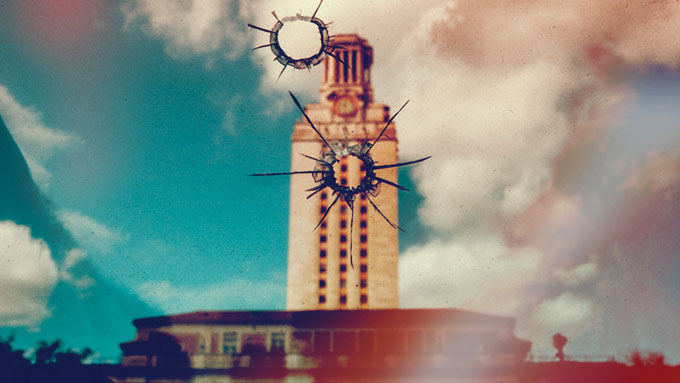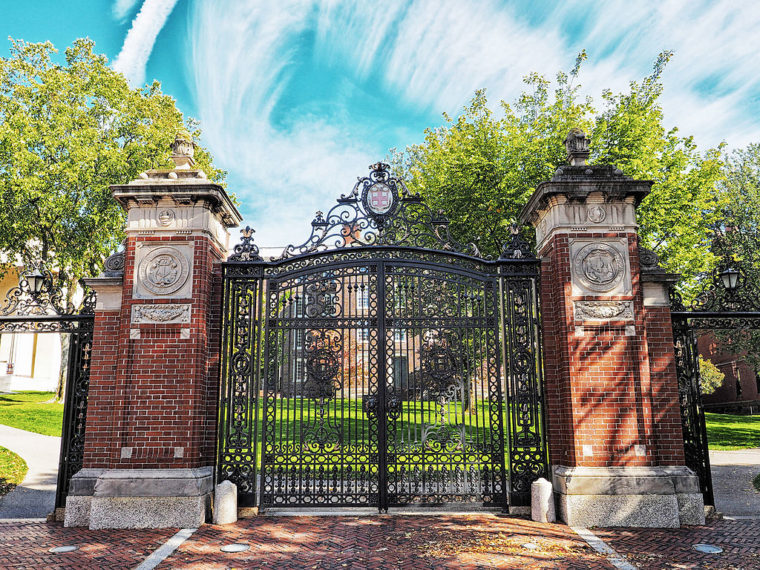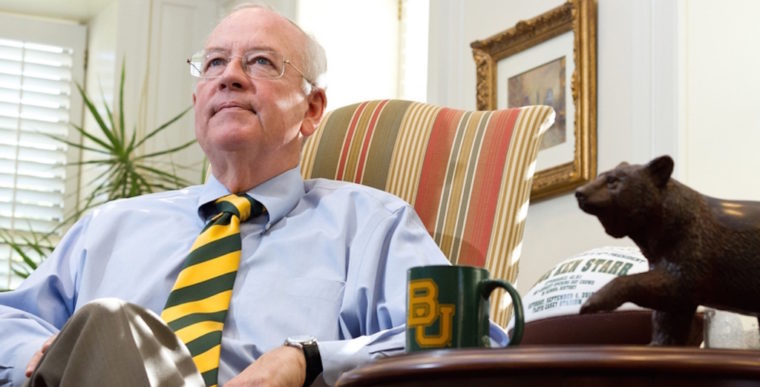August 1st is a tragic day in the history of the University of Texas at Austin. On August 1, 1966, Charles Whitman opened fire from atop the iconic tower at the University of Texas killing 14, wounding 46 others. In a cruel twist of fate, August 1, 2016, the fiftieth anniversary of the attack coincided with the implementation of the new campus carry law. The contentious new law allows concealed handgun permit holders to carry guns into most public college campus buildings. In today’s post, I will discuss the new law and why I see it as bad precedent—but maybe not for the reason you’d expect.

Before discussing the campus carry law, I should identify my own bias on this issue. Like most Americans, I believe there is a right to own guns. I also believe reasonable regulations are necessary, desperately needed, and allowed by the U.S. Constitution.
Texas isn’t the first state to allow guns to be carried into campus buildings, but it is the largest. Given the current debate over gun control, it has also been the most controversial.





